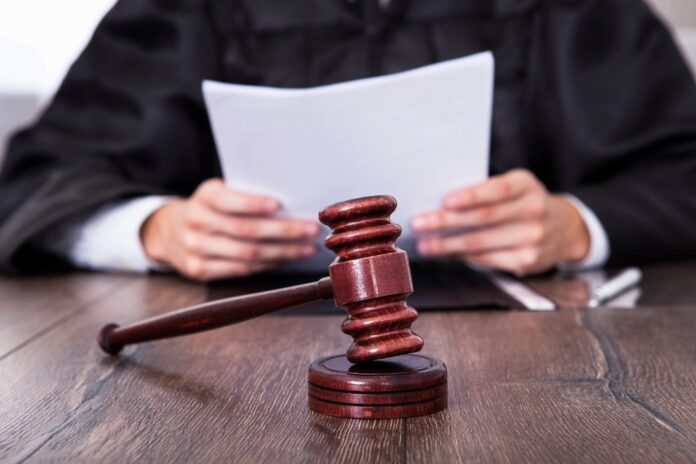Nine states enacted legislation to protect businesses, schools, and caregivers from lawsuits related to injury or death resulting from COVID-19.
Georgia, Kansas, Louisiana, Mississippi, Nevada, North Carolina, Oklahoma, Utah, and Wyoming enacted legislation, while Alabama and Arkansas have applied for legal liability protection through a gubernatorial executive order. The number of states considering legal liability protection continues to grow, as legislation is pending in Michigan, Tennessee, and Virginia.
Aiding State Recovery
Protecting businesses from COVID-19-related lawsuits is a smart move for states, says Patrick M. Gleason, vice president of state affairs at Americans for Tax Reform and a senior fellow at the Beacon Center of Tennessee.
“By passing state-level COVID-19 legal liability limits, governors and legislators can protect employers from having to worry about frivolous and costly lawsuits,” Gleason told Health Care News. “This is especially important now when many businesses, particularly small businesses, have been hit hard by the pandemic-driven downturn and associated lockdowns.”
Federal versus State Legal Liability Protection
Although states are at the forefront of enacting legal liability protection, the federal government continues to debate a federal liability protection law, Gleason says.
“Federal COVID-19 legal liability limits would help achieve a robust economic recovery that most are hoping for and working toward,” Gleason said.
Liability protection at the federal level has been held up in Congress, Gleason says.
“In exchange for federal liability protection, Speaker Nancy Pelosi is demanding an irresponsible amount of new spending on top of the trillions in additional debt already approved through the CARES Act and other previous relief packages,” Gleason said. “As such, state lawmakers and governors would do well to take action into their own hands and protect employers in their state by passing state-level COVID-19 legal liability protection.”
Additionally, federal and state legal liability protection can exist together to provide robust protection, and as more states pass their own legislation, it will put pressure on the federal government to act responsibly, Gleason says.
“In fact, the more states that pass their own liability limits, the more likely we are to get a federal version,” Gleason said. “The more states that pass liability protection on their own, which is a smart move in its own right as it will protect employers in the near term, the more likely we are to see Congress pass federal liability protection. Speaker Pelosi’s leverage and ability to demand trillions in new debt in exchange will be greatly diminished if we get to a point where only California, New York, and a handful of other blue states have yet to provide the same liability protection that is already had in most of the country.”
Kelsey Hackem, J.D., (khackem@gmail.com) writes from the state of Washington.





















